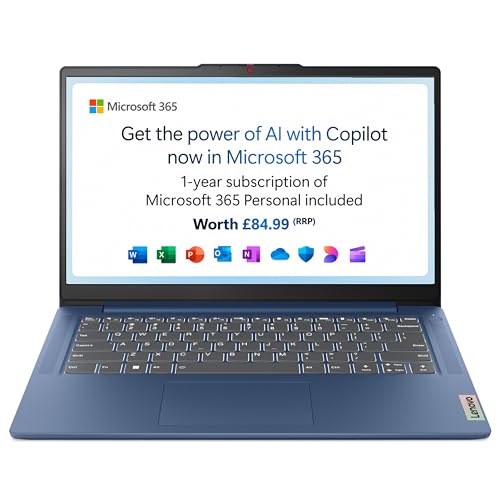Understanding Laptop Types: Choosing the Best Fit for Your Needs
Different Types of Laptops
When it comes to choosing a laptop, we first need to understand the various types available. If you’re a student, a lightweight and portable laptop is likely what you need, such as a Chromebook or an ultrabook. Chromebooks are fantastic for everyday tasks like browsing the web and working on Google Docs, while ultrabooks offer more power for things like photo editing. Meanwhile, if you’re a gamer, a gaming laptop specifically designed for high-performance graphics and speed is the ideal choice. Think heavy-duty processors, dedicated graphics cards, and high-refresh-rate displays. Finally, if you travel often for work or enjoy media creation, consider a 2-in-1 laptop; these devices function both as laptops and tablets, offering versatility and ease of use.
Matching Laptops to Lifestyle
Identifying which type of laptop fits your lifestyle or daily tasks can simplify your shopping journey. For instance, a business professional might gravitate towards a standard laptop with robust processing capabilities and long battery life, ensuring efficiency during office hours or commuting. On the other hand, a creative looking to edit videos may require a powerful laptop with advanced graphics support and ample storage, promoting smooth performance and quick access to files.
Key Features to Consider: What Makes a Laptop Stand Out
Performance and Speed
A laptop’s performance largely hinges on its processor, RAM, and storage type. For regular tasks like browsing, an Intel i3 or AMD Ryzen 3 processor will suffice. But for more demanding applications, such as gaming or graphic design, we recommend going for an Intel i5/i7 or AMD Ryzen 5/7. Along with a solid processor, we suggest at least 8GB of RAM—this will keep your laptop nimble even when multitasking or running several applications.
Display Quality
We can’t overlook the importance of the display. When selecting a laptop, go for a screen with a resolution of at least 1920 x 1080 pixels (Full HD). This resolution provides clear visuals, making it easier to read text and view images without straining your eyes. If you’re into photography or video editing, you may want to explore models that offer 4K displays, which provide stunning detail and colour accuracy.
Battery Life and Portability
Lastly, bear in mind battery life, especially if you plan on using your laptop on the go. A laptop boasting a battery life of at least 8 hours is ideal for daily use or studying away from home. Additionally, the weight of the device plays a crucial role if you travel frequently—aim for a laptop weighing under 2kg for easier portability.
Our Top Recommendations: Laptops for Every Use Case
Best for Students
For students focusing on studies, we recommend the Dell XPS 13. It combines portability and performance, boasting a sleek design and powerful components that handle presentations and essay writing smoothly.
Best for Gamers
If you are a gamer, check out the Asus ROG Zephyrus G14. This model packs a punch with impressive graphics and a speedy refresh rate, offering an immersive gaming experience without overheating.
Best for Creative Professionals
Creative individuals should look at the MacBook Pro 14. Its Retina display offers unmatched clarity, making it perfect for video editing and graphic design, along with a superb performance that handles hefty software with ease.
Budgeting for Your Laptop: Finding Value Without Compromise
Setting Your Budget
Budgeting is essential when shopping for a laptop. We suggest defining a clear price range based on your specific needs. For basic tasks, you can find reliable laptops starting from about £400. But if your tasks require a bit more power—like graphic design or gaming—expect to invest around £800 to £1,200 for a solid machine.
Evaluating Value
It’s important to balance cost with features—just because something is cheaper doesn’t mean it’s the best deal. We advise looking for laptops that offer substantial warranties, and consider the longevity of the device. Sometimes, spending a bit more upfront can save you from higher replacement costs later.
Tips for Making the Right Purchase: Navigating the Buying Process
Do Your Research
Before making a purchase, it’s wise to do thorough research. Read through product specifications and customer reviews to gauge how well the laptop performs in real scenarios. This will help us understand if it truly meets our requirements.
Consider Return Policies
We also recommend checking the return policies. It’s reassuring to have a grace period for testing out the laptop after purchase, as it allows for the chance to ensure it meets all expectations and requirements.
Explore Deals and Offers
Lastly, keep an eye out for deals or promotional offers which can significantly lower the price. Signing up for newsletters or following brands on social media can be beneficial for accessing exclusive discounts.










